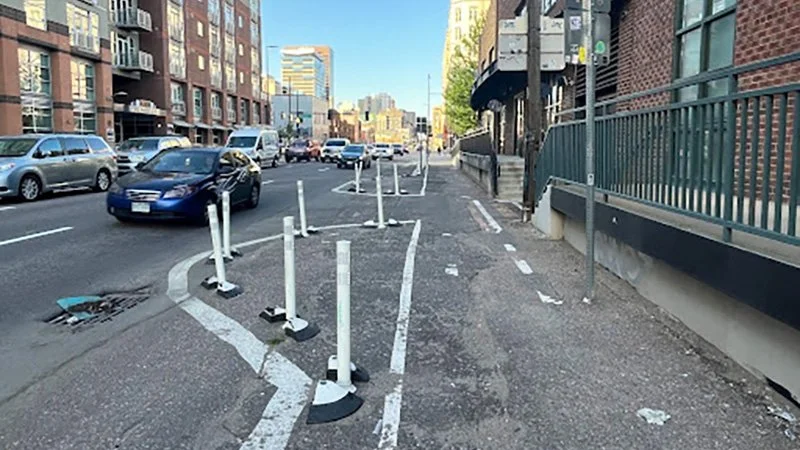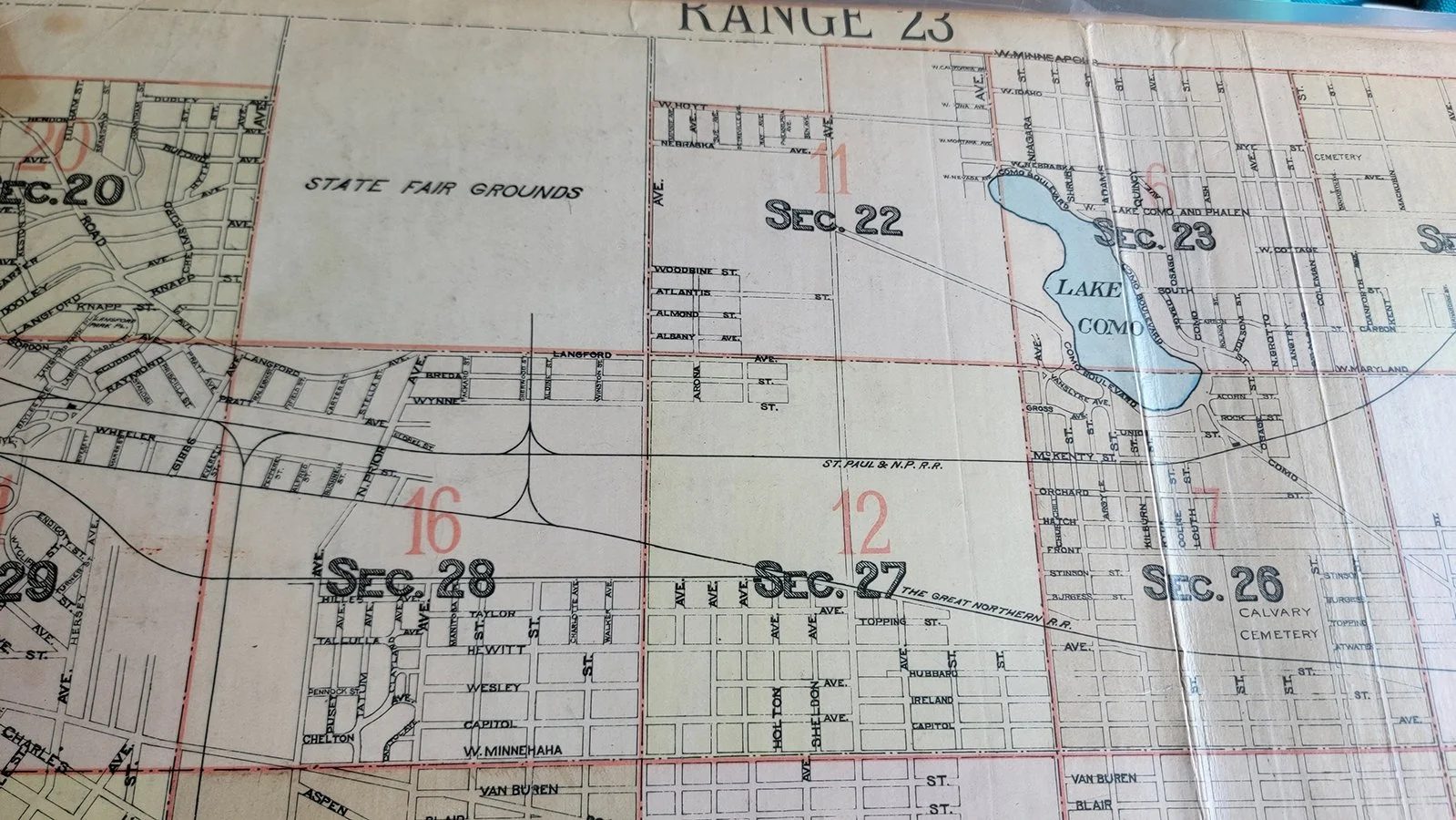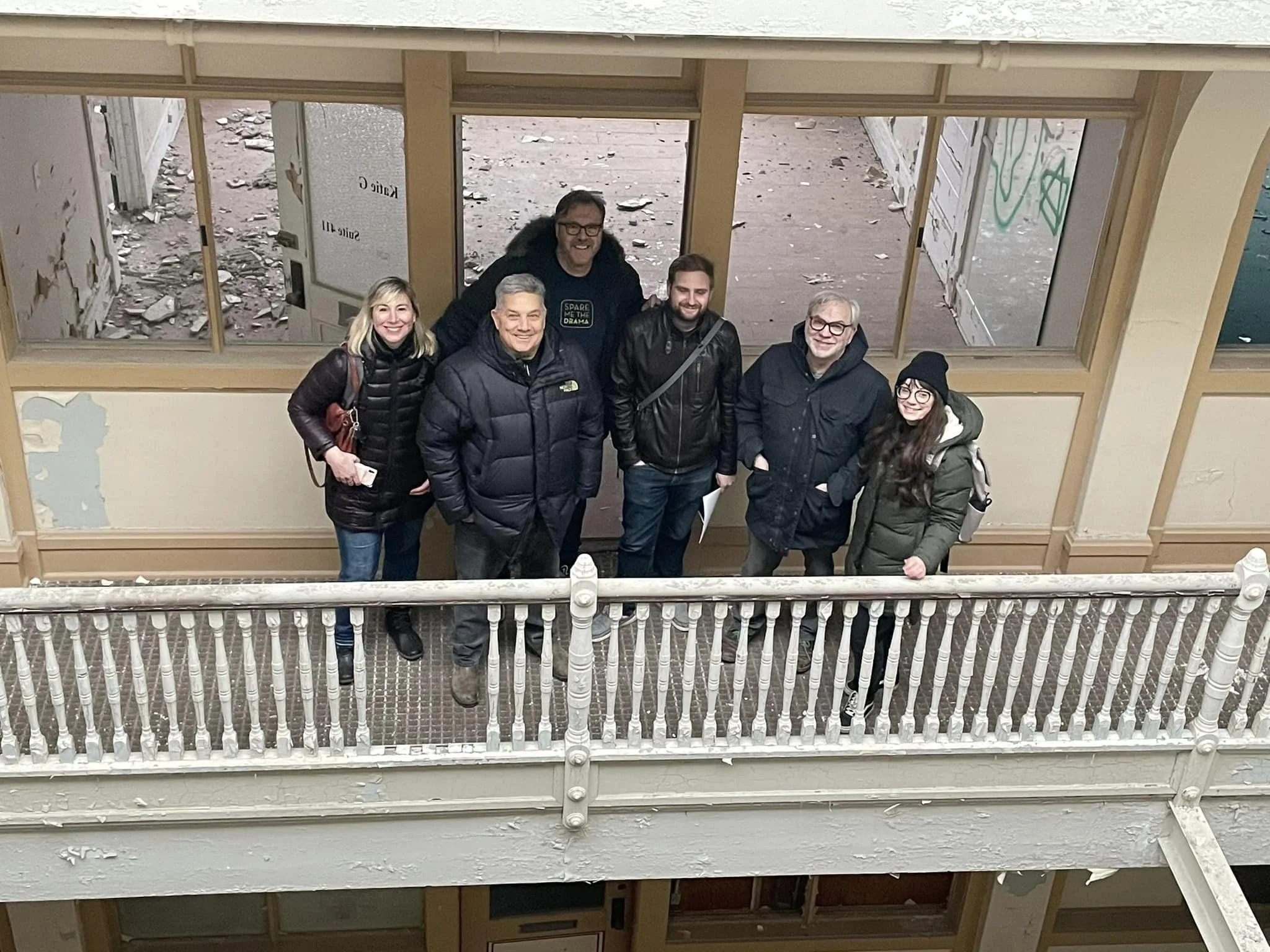Many of incremental development’s values — localism, quality and civic pride — align well with those of houses of worship. If faith communities embrace this model, we could see a wave of faith-based housing that complements the broader movement toward incremental development.
Read MoreWhy is it that when a place is [pick one: walkable, bikeable, beautiful, lovable, inviting, human-scale], it so often gets coded as being “gentrified” and therefore elitist? When only the rich can afford nice places, the solution isn't to stop creating such places but to create vastly more of them.
Read MoreDon't be scared off by the policy changes and wonky jargon: Incremental development is fundamentally about seeing potential in your neighborhood, about observing problems and then coming up with creative ways to address them.
Read MoreDo you want to create a strong incremental development ecosystem in your community? Here's a proven blueprint for success from incremental developers Monte Anderson and Mike Keen.
Read MoreSometimes, cities say that they’re taking an incremental approach when they’re really just breaking a master plan down into steps. This method lacks the creative, bottom-up nature that makes incremental development so resilient, tricking people into believing they’re making their city stronger when they’re really not.
Read MoreWorking with your local engineers and transportation officials can be challenging. How do you collaborate with people who are often responsible for the bad infrastructure in your place? One successful group focuses on bringing positivity and concrete suggestions to the conversation.
Read MoreIncremental development is the most resilient and financially responsible way for communities to grow and improve. Town builder Monte Anderson joins us today on Upzoned to talk about his experience as an incremental developer and the important principles of the field.
Read MoreMany cities try to improve their downtowns through master plans, hoping that grand projects will draw residents and customers into the city core. But this often fails because truly strong, attractive downtowns form through incremental development.
Read MoreIf you are a tourism marketer, how can you work to make your town more sustainable, resilient and attractive to visitors? And how do you do it in a way that balances the needs of the community? Here are a few ideas to get you started.
Read MoreWhen discussing redevelopment, street design isn’t what most people think of. Since North American streets are often built to completion, this kind of incremental approach seems alien. But it’s exactly what cities need to improve their economic, social and environmental conditions.
Read MoreWhen people first started building malls, they had no way of knowing that dramatic shifts in technology and consumer patterns would destroy their business models. What they should've known, though, was that betting all their funding and economic stability on a single project was a bad idea. Let’s not repeat their mistakes.
Read MoreWith work patterns shifting as technology advances, retrofitting suburban office buildings has become increasingly important to developers and planners. Here are five ways you can make your office building more appealing and resilient.
Read MoreThe era of corner stores and mom-and-pop shops has mostly come to an end, with modern zoning codes strictly segregating commercial and residential areas. But a return to the mixed-use model might be just what we need to empower entrepreneurs and strengthen people's sense of community.
Read MoreMany housing advocates celebrate large supplies of housing and low rents. However, this is only one stage of a larger boom-and-bust cycle and cannot be maintained. To break out of this cycle and sustainably improve housing accessibility, we need to redirect our focus to incremental development.
Read MoreThere was a major housing development scandal in Canada this summer…but it’s not the one you think.
Read MoreOn this episode of the Strong Towns Podcast, Chuck delves into the topic of citizen-led development and its potential to reshape cities in a more financially resilient manner.
Read MoreThis series of studies of 19th-century development in St. Paul, MN, can help us understand some of the earliest traces of what would later become the suburban development pattern.
Read MoreTrumansburg, NY, may not be a major city, but it’s feeling the squeeze of North America’s housing crisis just as much as larger municipalities. Here’s how they’re tackling the challenge of housing affordability.
Read MoreA troubled project in Mission, KS, speaks to the problems with large, single-developer projects—but also why fixating on the "bad developer" narrative isn't necessarily helpful.
Read MoreIf it takes a village to raise a child, then it takes a whole community to build a building. The small-scale developers of South Bend, IN, are showing how to do just that—and do it successfully in the long term.
Read More



















